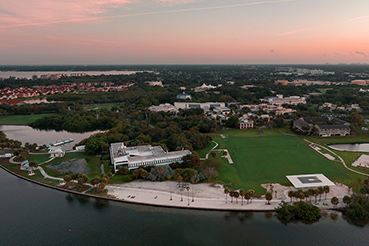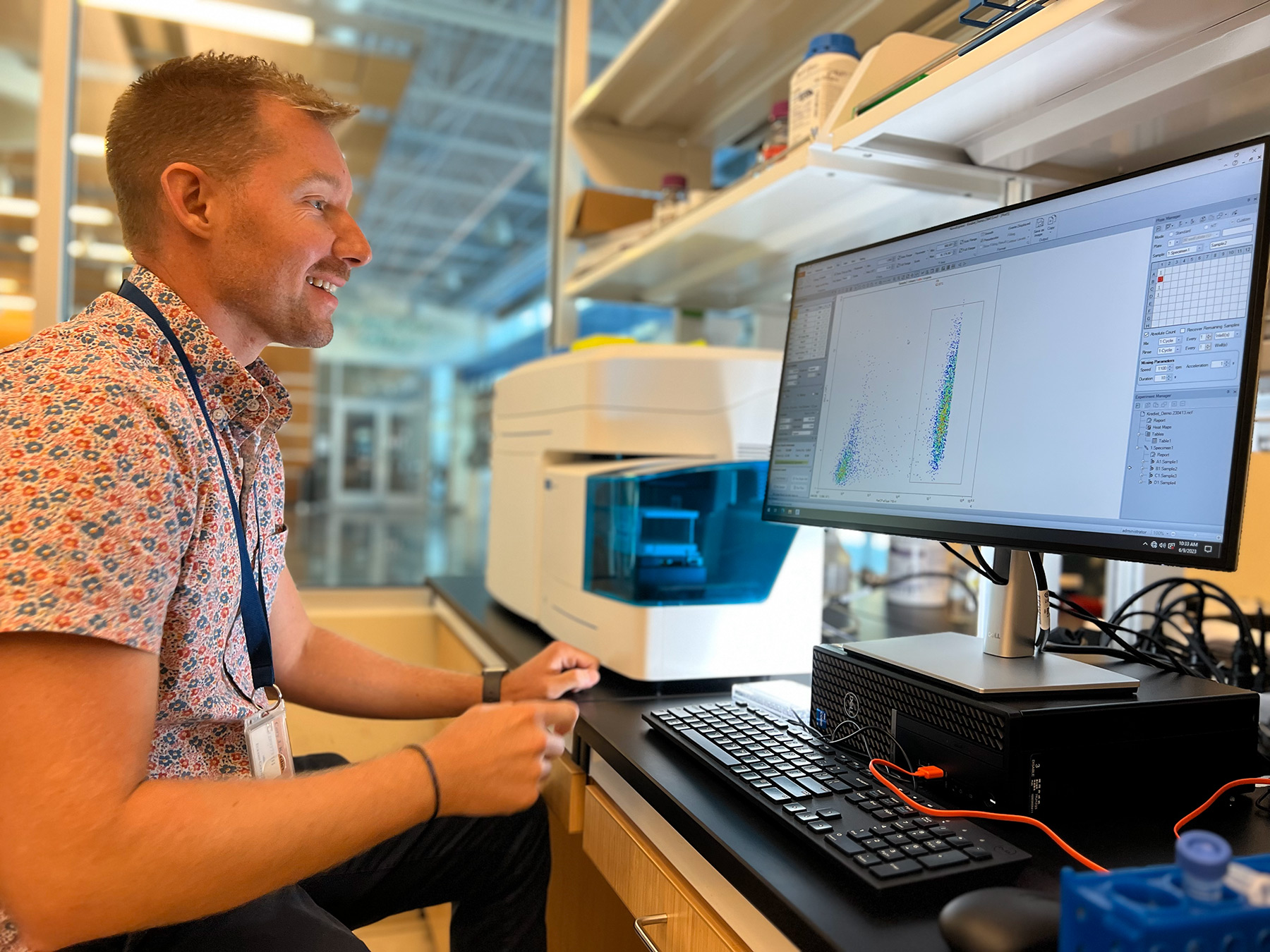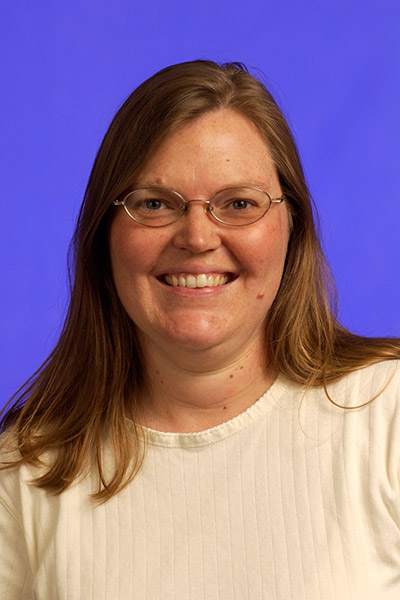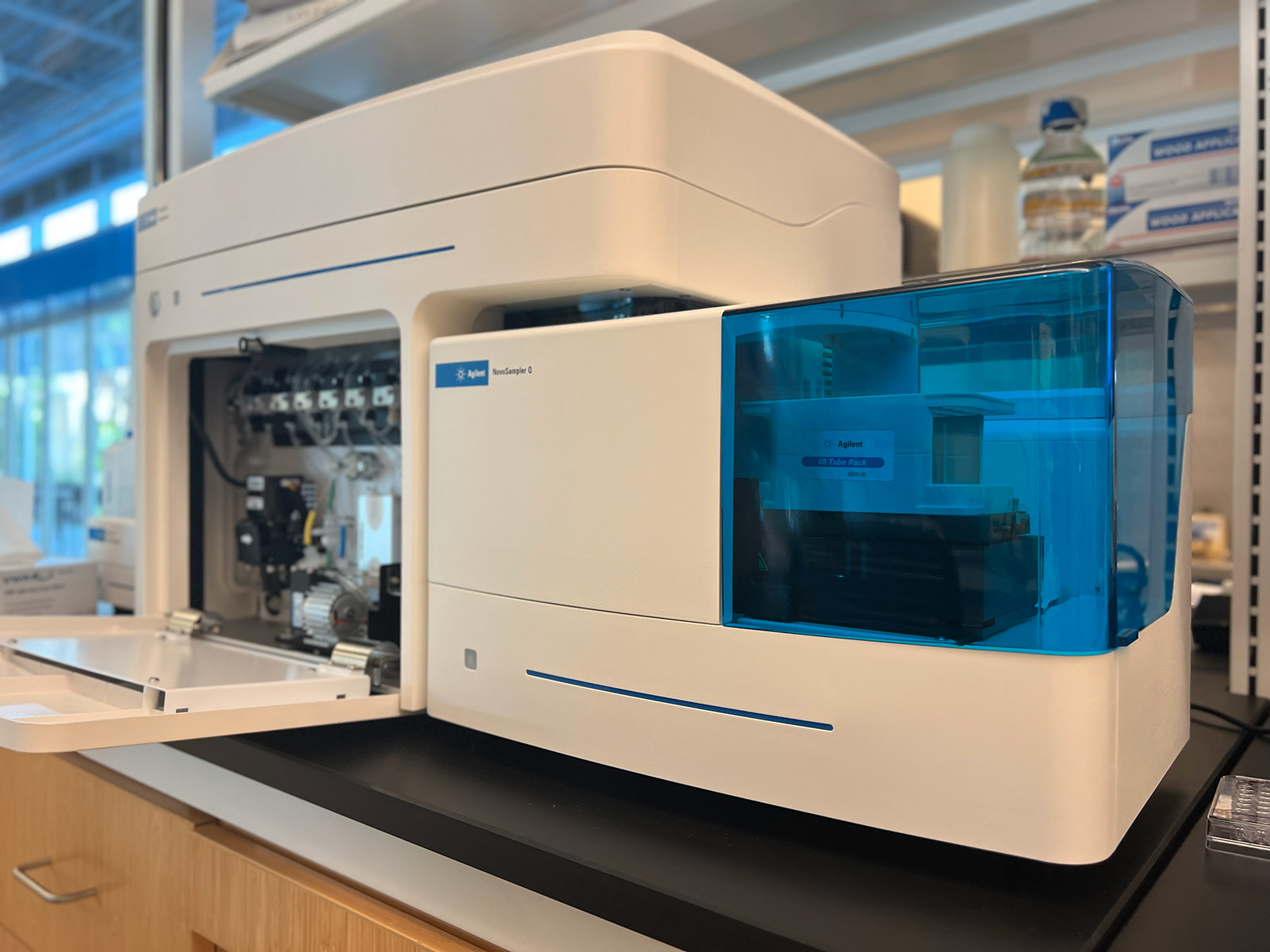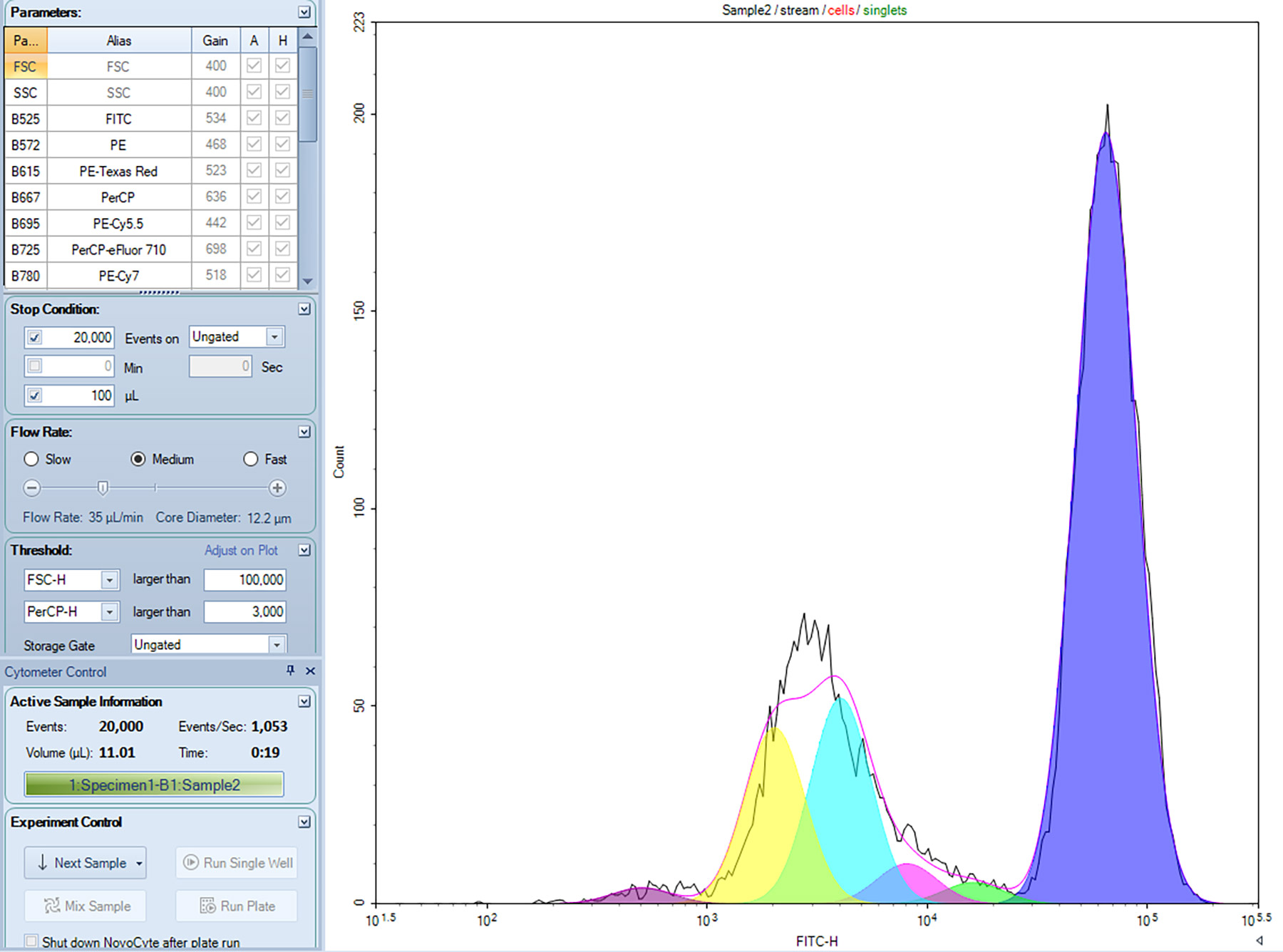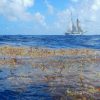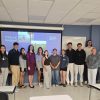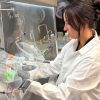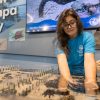It was a textbook example of a team effort. And for the Eckerd College Marine Science program, the work paid off handsomely.
Thanks to the efforts of an Eckerd grant specialist, an Eckerd vice president and dean, former U.S. Congressman Charlie Crist (D-FL 13), and the entire Eckerd Marine Science Department, the College recently received a congressionally directed award of $1 million.
Funded by the U.S. Department of Education, the award will allow the College to purchase a 35-foot wheelchair-accessible Sightseer research vessel, a 24-foot Cape Horn research vessel, a seawater monitoring system, a laser-based flow cytometer, research lab benches, environmental chambers used for lab experiments, and other equipment from microscopes to centrifuges.
“Eckerd College is deeply grateful for the federal appropriation of $1 million, which will fund the purchase of scientific equipment in areas related to marine science,” says Eckerd President Jim Annarelli, Ph.D. “This equipment will support not only the excellent teaching offered by our faculty, but also the outstanding undergraduate faculty-student collaborative research that is a hallmark of the educational experience of Eckerd students.”
A congressionally directed award, or earmark, doesn’t mandate additional government spending but, instead, allocates approved spending for specific purposes. In seeking the award, the Eckerd team’s goal was to enhance the research and training capabilities of marine science faculty and students through the purchase of research equipment and the upgrading and expansion of research spaces. The College was notified of the award in January but had to write project and budget narratives by April 7 to receive the funding.
“We didn’t have to compete with anybody else,” explains project director Laura Wetzel, Ph.D., professor of marine science and geosciences. “But we had to write a proposal to the Department of Education to lay out exactly what we wanted. Alma DeRojas, grant specialist for strategic initiatives at Eckerd, stepped up and wrote the project narrative.
“We asked all of the faculty to come up with their wish list for equipment that best fit the parameters of the grant,” Wetzel adds. “Everybody in marine science was involved in some way. We then went to the vendors to get the actual price, and that was put in the proposal.
“All of the numbers we put in the proposal were approved without any changes,” Wetzel says. “Most of the purchases will come in the first year. We have two years to spend the money.”
Kelly Kirschner, Eckerd College’s vice president and dean of the division of executive and continuing education, facilitated the award along with Crist, who selected the Eckerd project before leaving office in August 2022. Crist, who served as Florida’s governor from 2007–2011, has supported Eckerd College’s efforts in the past, including a 2018 grant from the National Oceanic and Atmospheric Administration to help reduce plastics in the marine environment.
This time, the focus was on equipment for Eckerd’s Marine Science program. Established as a major in 1985, marine science research training has become a hallmark of the College. Faculty-student collaboration has enabled Eckerd students to receive more NOAA Hollings Scholarships (109) than any other institution in the U.S., as well as numerous Goldwater, Fulbright and National Science Foundation graduate fellowships.
Marine science is the most popular major at the College; nearly 25% of the student body is composed of marine science majors or first-year students who intend to pursue the degree.
Wetzel, who is beginning her 27th year at the College, says equipment was the best fit for the faculty and students, and for the requirements of the grant.
“This is unprecedented in the time I’ve been at Eckerd,” she adds. “I’ve never been part of something like this where we’ve been able to decide what our priorities are and make the purchases. It almost makes me speechless.
“We have a national reputation within marine science and need to continue to be at the forefront to continue that reputation, and to provide the high level of education our students deserve.”
A glimpse of the kind of impact the award will have can be found in the James Center for Molecular and Life Sciences on the Eckerd campus, where Cory Krediet, Ph.D., associate professor of marine science and biology, has been using a new laser-based flow cytometer that is on loan from the manufacturer. The flow cytometer is used to rapidly analyze the characteristics of cells or particles and is the only machine of its kind in Pinellas County.
Krediet had tried four times to acquire one through a grant from the National Science Foundation but had been unsuccessful, largely because of the cost: $150,000. Instead, he had to use a microscope and count cells individually with a hand-held clicker, a process that took hours. An Agilent NovoCyte cytometer could count thousands in seconds. The machine also turns itself on, cleans itself and turns itself off.
Now Krediet can buy it—and share it. He already has begun to train Eckerd students on how to use the cytometer and will allow researchers from the Mote Marine Laboratory, the Florida Fish and Wildlife Conservation Commission, the University of South Florida and other places to come to the James Center and use it. “This allows us to connect with other researchers even more than we already do,” Krediet says. “And it really expands the research we can do at Eckerd.”
The last time the College got a directed award from the federal government was in the early 2000s. “So this is hugely significant,” adds Kirschner, a former mayor of Sarasota who approached Crist and his staff last year with the idea. “Our Marine Science program, and the work we do in the Tampa Bay region as it relates to our coastal ecology, is something Representative Crist found to be a logical project to support. The award is a reflection of the quality of our Marine Science program and how it has become a program of national distinction.”

